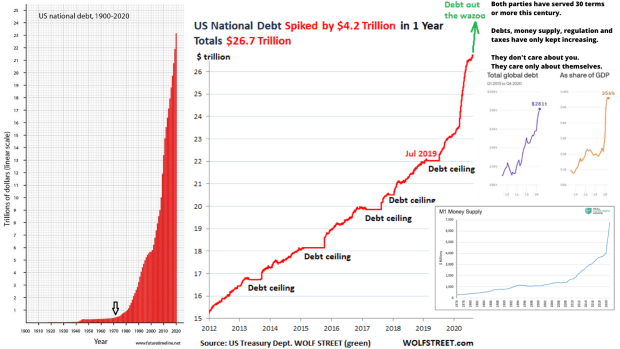As Analytics And Privacy Efforts Clash, Which Path Will Bitcoin Take?
This article originally appeared in our Weekly Bits newsletter. If you want our news and analysis before anyone else, make sure you subscribe now!
Two pieces of Bitcoin news this week seemed to point toward conflicting trends that are central to this era of the technology. As Bitcoin becomes more popular, regulators are seeking ways to monitor its use while, at the same time, more development and user effort is being pointed toward obscuring that use. It’s a battle that is likely to escalate for some time, and Bitcoiners are optimistic that their privacy efforts will ultimately stay one step ahead of the gatekeepers.
Coinbase Is Giving Blockchain Analytics Tools To The U.S. Secret Service
With some 35 million users and more than $7 billion in custody, Coinbase is one of the largest cryptocurrency exchanges in the world. Established in 2012 with a mission to offer bitcoin investment more widely than ever to that point, it also enjoyed a special prominence among new bitcoin investors thanks to its early entry in the space and relative ease of use — at least until the exchange market got a little more crowded.
It would be hard to call the exchange popular among Bitcoiners at this point. Its collection of user KYC data, listing of altcoins and controversial acquisition of blockchain analytics firm Neutrino in July 2019 have led some prominent voices in the space to speak out against it.
Still, a public record that surfaced this week indicating that Coinbase is providing blockchain analytics software to the U.S. Secret Service signaled a surprisingly non-Bitcoin move from the exchange. The contract shows that the Secret Service granted a $183,750, four-year contract to Coinbase, effective in May 2020 and running until May 2024, to access its Coinbase Analytics software. It’s been rumored that Coinbase has been seeking such a contract ever since it acquired Neutrino and the exchange has said that Coinbase Analytics is separated from its internal data and that it’s fully sourced from what’s already publicly available. Plus, Coinbase CEO Brian Armstrong has been vocal about defending it.
But this public record now makes it official: the very gatekeepers that many Bitcoin users seek freedom from are in business with one of the space’s largest exchanges.
Meanwhile, Darknet Transfers And Mixing Are Surging
It seems notable that, as news of Coinbase’s deal with the devil surfaced, so did a report that darknet bitcoin activity grew in the first quarter of 2020.
According to Crystal Blockchain, a blockchain analytics service developed by Bitfury, “the amount of bitcoin sent to mixers by darknet entities rose significantly this year — from 790 total bitcoin in Q1 2019 to 7,946 bitcoin in Q1 2020. The same growth was also observed in USD — an increase from $3m in Q1 2019 to $67m in Q1 2020. This indicates a rapid adoption of crypto mixing services by darknet entities.”
Bitcoin mixers are software or services that allow users to mix their bitcoin with others, thus obscuring where the bitcoin has come from, what it has previously been used for and, potentially, whether it was ever provided as payment for illegal services. Mixing has emerged as one of the premier methods for combating the rise in blockchain analytics development that is meant to track the use of bitcoin and flag any illegal activity.
Though the report notes that the amount of BTC transferred between darknet entities declined in the first quarter of 2020, the value of that BTC grew by 65 percent — and not just because the price of bitcoin went up.
“If we consider the amounts in USD, we see that darknet entities received and sent an increased amount of money — from $384m in Q1 2019 to $411m in Q1 2020,” per the report. “This is partly explained by the growing capitalization of bitcoin, as well as further mass adoption of bitcoin. As it becomes increasingly easier to use cryptocurrency, the popularity of this payment method is steadily increasing.”
It should be no surprise that the increasing ease of use for bitcoin is leading to more darknet activity that leverages it. But it also seems that, despite the development and spread of blockchain analytics tools, users are going to find ways to leverage bitcoin in obscured ways.
In many ways, Bitcoin has moved far beyond the early narratives that it is simply “dark web drug money.” But as it becomes better recognized by mainstream investors and institutions, this ongoing battle between those who want to track its use and those who want to continue to enjoy its pseudonymous freedoms will rage.
The post As Analytics And Privacy Efforts Clash, Which Path Will Bitcoin Take? appeared first on Bitcoin Magazine.









